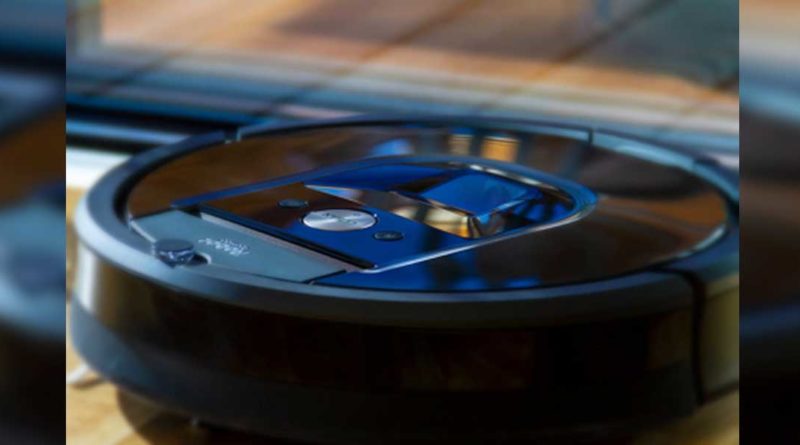Consider a VPN With Your Future Robotics
As the internet of things brings out astounding new technology, our homes are becoming accustomed to ever more hi-tech solutions to everyday chores or situations.
Only as recently as a few years ago, not many people would have predicted the sheer number of robotic or artificially intelligent devices in our homes and workplaces. There are robotic lawnmowers and vacuum cleaners, smart fridges that can re-order groceries, smart speakers, phone apps to control front doorbells or start our vehicles remotely to pre-warm them in winter.
While this is all well and good, criminals are becoming increasingly adept at hacking into our new robotic and online-based gadgets. Where there is vulnerability, there is a chance for the criminals to take advantage.
Cybercrime is going well beyond a hacker gaining access to someone’s data. There have been cases recently of hackers being able to gain access to a robotic vacuum that featured a video camera.
The idea of someone gaining access to your vacuum just for the thrill of scaring you by moving it around the home, or worse by filming you, is bad enough. Imagine if they could also mess up your smart fridge shopping system? Inconvenient, yes, but in the future, it’s not hard to see how the hacker could jump from the robotic device to the home network, and then on to online bank accounts and more.
The VPN of the Future Could Protect Robotics
Many internet-savvy individuals, and indeed the vast majority of sensible businesses, use VPNs to protect their private networks and mask the online activity of users.
This means any individual with a VPN on their phone, tablet, or computer could go online with nobody able to determine their IP address. In other words, it could mask their location to just about anywhere in the world. Further, uploading or downloading data is encrypted, making it super complicated, if not impossible, for any hacker to steal data, costing individuals or businesses fortunes in money and lost reputation.
There are a host of good VPN providers out on the market, in our opinion, the best cheap VPN options are https://www.cyberghostvpn.com that currently do a great job of protecting your online activity.
Generally, you can sign up with a VPN service and install it on all the devices on your network, such as your cell phones, your tablet devices, and your laptop or desktop computers.
But as the internet of things brings more online devices with artificial intelligence, i.e. robots, into our homes, VPNs of the future will have to adapt to protect these, too.
Could Hackers Break into Your Bank Account Via Your Smart Fridge?
It might sound farcical, but could this happen sometime in the not-too-distant future? In fact, it’s already been closer than you might think. At a recent Def Con security conference, hackers from security company Pen Test Partners discovered a flaw while taking part in an Internet of Things (IoT) hacking challenge.
Essentially, they were able to crack someone’s Gmail email credentials after finding a flaw in the Samsung smart fridge. Incredibly, cybercriminals might easily use such information to access the user’s personal details needed to crack online financial information. It’s like being robbed by your own fridge.
If the current crop of VPN services protect cells, tablets, and laptops, we foresee a world soon where you can also install them to every IoT device in the home. It would add impenetrable layers of security to everything that operates on your home network, whether linked to WiFi, controlled by a phone app, or running off its own system, like a robotic lawnmower that churns around within the limits of a hidden wire perimeter.
In the meantime, somewhat clumsy, if amusing little loopholes will continue to be exposed.
For example, an Amazon review of a wireless home thermostat, which is controlled via a cell app, caused a stir. It was from a man who had been kicked out of his home by his wife, who now lived there with her lover.
But the wife had no idea her ex-husband was still able to control the heating in the home via his phone. He claimed to have great fun making the house unbearably hot each night in the height of summer.
While that is quite funny, it does offer some foreboding about what might happen in the future as devices become ever more intelligent – but yet more exposed to the handiwork of cybercriminals.
One expects and hopes that our VPN services will evolve in good time to keep on top of an increasing threat to all our homes.
Check out our articles on a robot coffee bar in San Jose and Walmart’s grocery picking robot.

